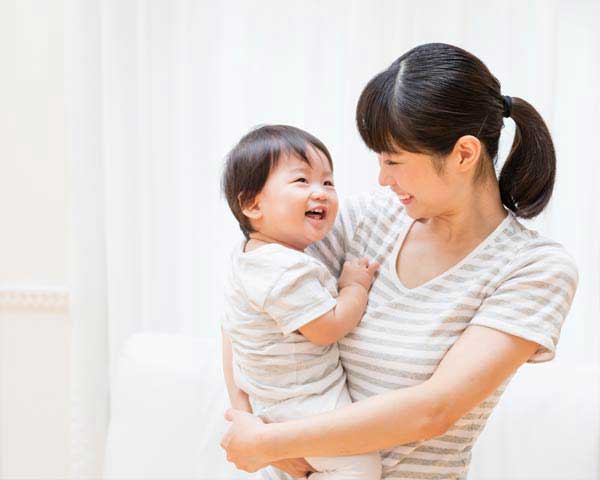Welcome to our Parenting page for families
Parenting
It’s impossible for anyone to be the “perfect parent”, but you can at least strive to be a “good parent”. Here are some tips and tricks to help you build strong relationships with your child, and how to deal with many of the problems that may arise on your journey.

Articles

Challenging Child Behaviours and Stress
Stress in Children
Children experience stress just as adults do but it often goes unrecognized. Learn the signs and signals of stress in children.
Enjoy Some Of Our Past Content On This Topic
- Get to Know Your Child
No matter how much time we spend with our children, there are always important or illuminating things we don’t know about them. To find out how well you know your child, answer the following 30 questions. (More than one child? Jot down the answers on separate pieces of paper.) Then schedule a time to sit down with your youngster to see how well you did. Not only will this quiz give you an opportunity to grade yourself, but it can help you to learn more about your family. Download the copy here - Comforting Your Young Child
Children experience numerous stressors – uncomfortable clothing, eating meals they don’t enjoy at times they’d rather be playing, routines and schedules controlled by adults, teasing and scolding, new siblings – the list goes on. By empathizing with their child’s world view, parents can lessen or even eliminate these tensions. Download the copy here - Fear & Loathing: A Guide to Bullying Behaviour
Bullying occurs when a child is exposed, repeatedly and over time, to negative actions on the part of one or more children. It may be physical (hitting or kicking); verbal (name-calling, insults, racist comments and constant teasing); relational (gossip, ostracism); or reactive (taunting that invites a response). Bullying is most often about intimidation and an imbalance of power. Download the copy here - Your Child’s Relationships
Your child needs relationships with many people: parents, siblings, extended family members, friends, neighbours, teachers, health care workers, caregivers, classmates. The relationships your child has with other people are resources that foster physical, emotional, mental, spiritual and social health. Your child also has a right to relationships. When children relate to many different people, they learn important social skills. For example, they learn how to make friends and how to get along with others. They learn that they are special and worth knowing. Download the copy here - Teaching Children About Safe Fire Exits at Home
Seven out of 10 fatal fires in Canada occur in the home. Having a working smoke alarm is one of the most valuable things you can do to protect yourself and your family. But just as important is knowing what you are going to do when that smoke alarm goes off. You may have less than two minutes to escape before smoke creates life-threatening conditions. Download the copy here







